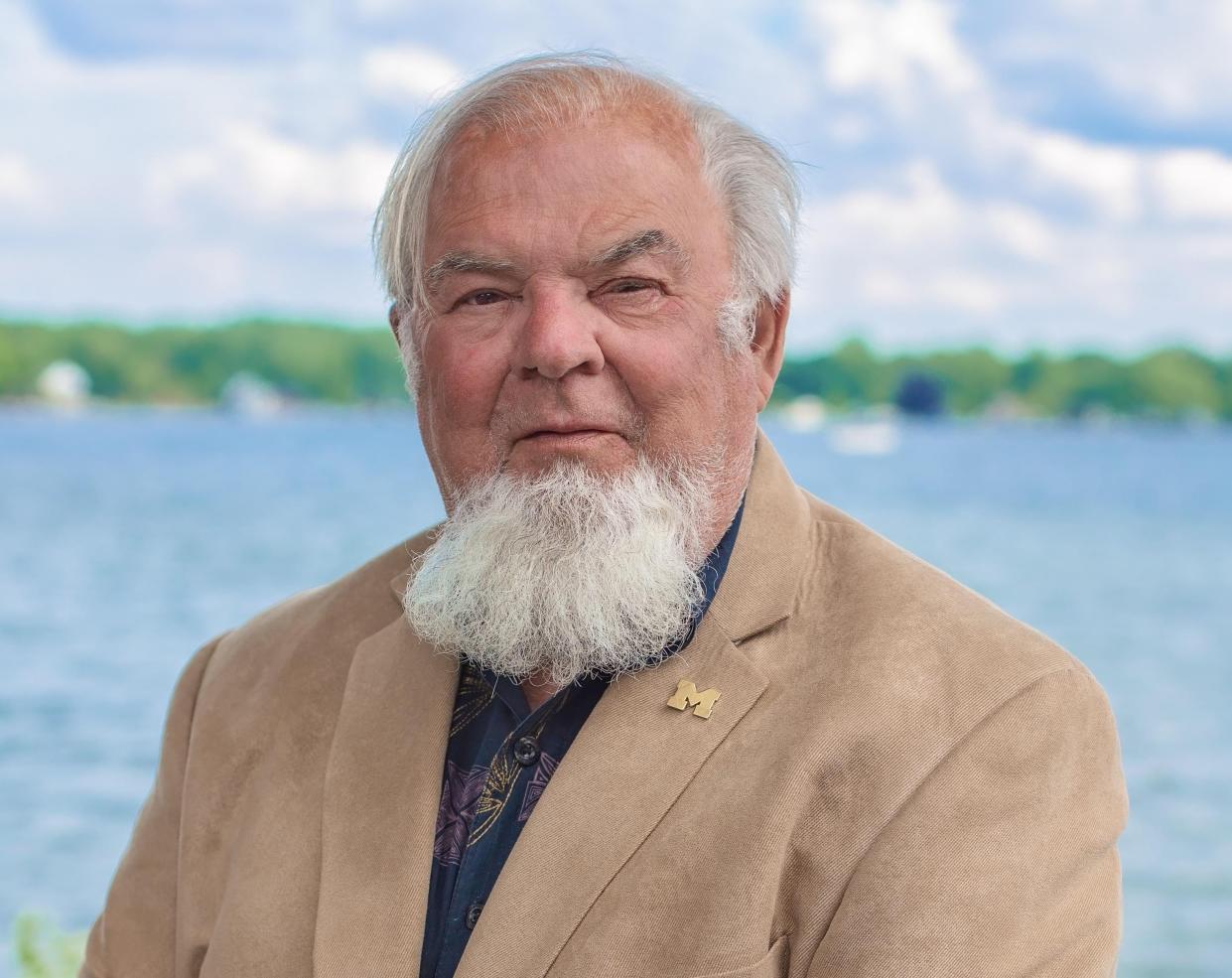Praying Coach: Free expression or the establishment of religion?

In Kennedy v. Bremerton School District, June 27, 2022, the U.S. Supreme Court held, 6-3, that coach Joseph Kennedy was protected by the Free Exercise and Free Speech Clauses of the First Amendment, made applicable to the states by the 14th Amendment, when he routinely would go to the 50-yard line of the high school football field after the game, when the crowd and players were still in the area, kneel down, and quietly pray for about 30 seconds. Others would join in.
The school district said this routine behavior made it look like the district was endorsing religion through its employee, in contradiction to the Establishment Clause of the said First Amendment. It was afraid of being sued.
The First Amendment says in relevant part: “Congress shall make no law respecting an establishment of religion or prohibiting the free exercise thereof; or abridging the freedom of speech.” As applied to states under the 14th Amendment, it means states shall make no law, and public schools are part of state action.
Justice Neil Gorsuch wrote the opinion for the court (herein Opinion). He stated that, “…(a) natural reading of that sentence would seem to suggest the Clauses have a ‘complementary’ purpose, not warring ones…” He saw the free expression clauses and the Establishment Clause as not necessarily in conflict: “…there is no conflict between the constitutional commands before us. There is only the ‘mere shadow’ of a conflict, a false choice premised on a misconstruction of the Establishment Clause.” (Opinion).
The opinion believed that the district went overboard in its duty not to establish religion: “…the only meaningful justification the government offered for its reprisal rested on a mistaken view that it had a duty to ferret out and suppress religious observations even as it allows comparable secular speech. The Constitution neither mandates nor tolerates that kind of discrimination.” (Opinion).
Also, the state cannot be hostile to religion. “Rather than respect the First Amendment double protection for religious expression, it (the District) would have us preference secular activity. Not only could schools fire teachers for praying quietly over lunch, for wearing a yarmulke to school, or for offering a midday prayer during a break before practice, a school would be required to do so…We are aware of no historically sound understanding of the Establishment Clause that begins to ‘make it necessary for government to be hostile to religion’ in this way.” (Opinion).
The Opinion used textual language, history and tradition, and means-end scrutiny analysis. Regarding the latter, it stated that the District’s rules could not satisfy either the intermediate or strict scrutiny test: “Ultimately, however, it does not matter which standard we apply. The District cannot sustain its burden under any of them.” (Opinion).
This is where the dissent differs (Justice Sonia Sotomayor opinion, joined by Justices Stephen Breyer and Elena Kagan). She believed that the district’s rules met the strict scrutiny standard of a compelling interest to avoid breaching the Establishment Clause and being “narrowly tailored” to that end: “Kennedy did not intend to pray silently, but to thrust the District into incorporating a religious ceremony into its events … Because the District's valid Establishment Clause concerns satisfy strict scrutiny, Kennedy’s free exercise claim fails as well.” (Dissent).
Kennedy’s open, demonstrative and routine prayers were anything but a teacher’s brief prayer before lunch. The dissent believed the majority gave the Establishment Clause facts a short shrift. Much here depends on a careful balancing of the facts. I do not believe the district would object to a teacher saying a quiet prayer at lunch. But the majority seems to believe the free expression of religion can be robust, with the performance of physical acts; it need not be inward and secret. (Opinion). I am reminded of a sign when leaving the parking lot of a local church: “Entering the Mission Field.” In his roles as public-school coach, I believe Kennedy should just say a private prayer on his way home. Separate church and state — Thomas Jefferson. But the Court says he can do much more.
James W. Pfister, J.D. University of Toledo, Ph.D. University of Michigan (political science), retired after 46 years in the Political Science Department at Eastern Michigan University. He lives at Devils Lake and can be reached at jpfister@emich.edu.
This article originally appeared on The Daily Telegram: James Pfister: Praying Coach: Free expression or establishment of religion

